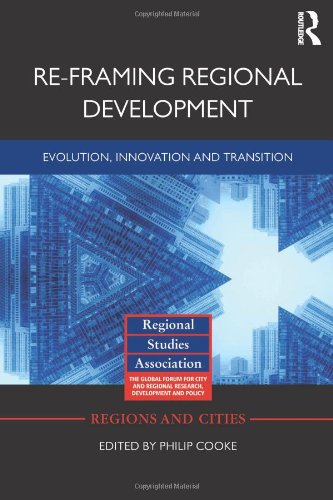

Most ebook files are in PDF format, so you can easily read them using various software such as Foxit Reader or directly on the Google Chrome browser.
Some ebook files are released by publishers in other formats such as .awz, .mobi, .epub, .fb2, etc. You may need to install specific software to read these formats on mobile/PC, such as Calibre.
Please read the tutorial at this link: https://ebookbell.com/faq
We offer FREE conversion to the popular formats you request; however, this may take some time. Therefore, right after payment, please email us, and we will try to provide the service as quickly as possible.
For some exceptional file formats or broken links (if any), please refrain from opening any disputes. Instead, email us first, and we will try to assist within a maximum of 6 hours.
EbookBell Team

4.1
30 reviewsTurbulence characterises the current global scene. This book uses complementary theoretical approaches to understand and help prescribe policies to ‘re-frame’ the regional development problem in turbulent times. These approaches are: evolutionary complexity; evolutionary economic geography; emergence theory; and resilience theory. From below, they address the four major crises creating a ‘perfect storm’ for societies and economics involving: the climate change crisis; the energy crisis; the banking and financial crisis; and the global economic crisis.
This book analyses and proposes ways in which regional economies, in particular, are having to be ‘reframed’ to address these crises. First, many must evolve in new ways, possibly moving back from the ‘service economy’ towards a new, greener form of manufacturing of goods as well as services. Accordingly, regional economies are innovating in new ways. Amongst these are the quest for ‘relatedness’ within their own regional orbits, and promoting ‘modularity’ as a mode of analysis and a policy stance to stimulate innovation across industry and geographical borders.
Finally, regional economies and societies are discovering that, from a ‘resilience’ perspective, they must find answers to the higher levels of governance with which they increasingly struggle. In this respect regional economies are in ‘transition’ and regional processes are ‘emergent’. The transition seeks to address the four crises, involving re-balancing, re-directing and re-framing future policy and practice. This book describes many of the novel ‘framings’ involved in understanding the new ways in which this major task is being addressed in theory, policy and everyday practice.